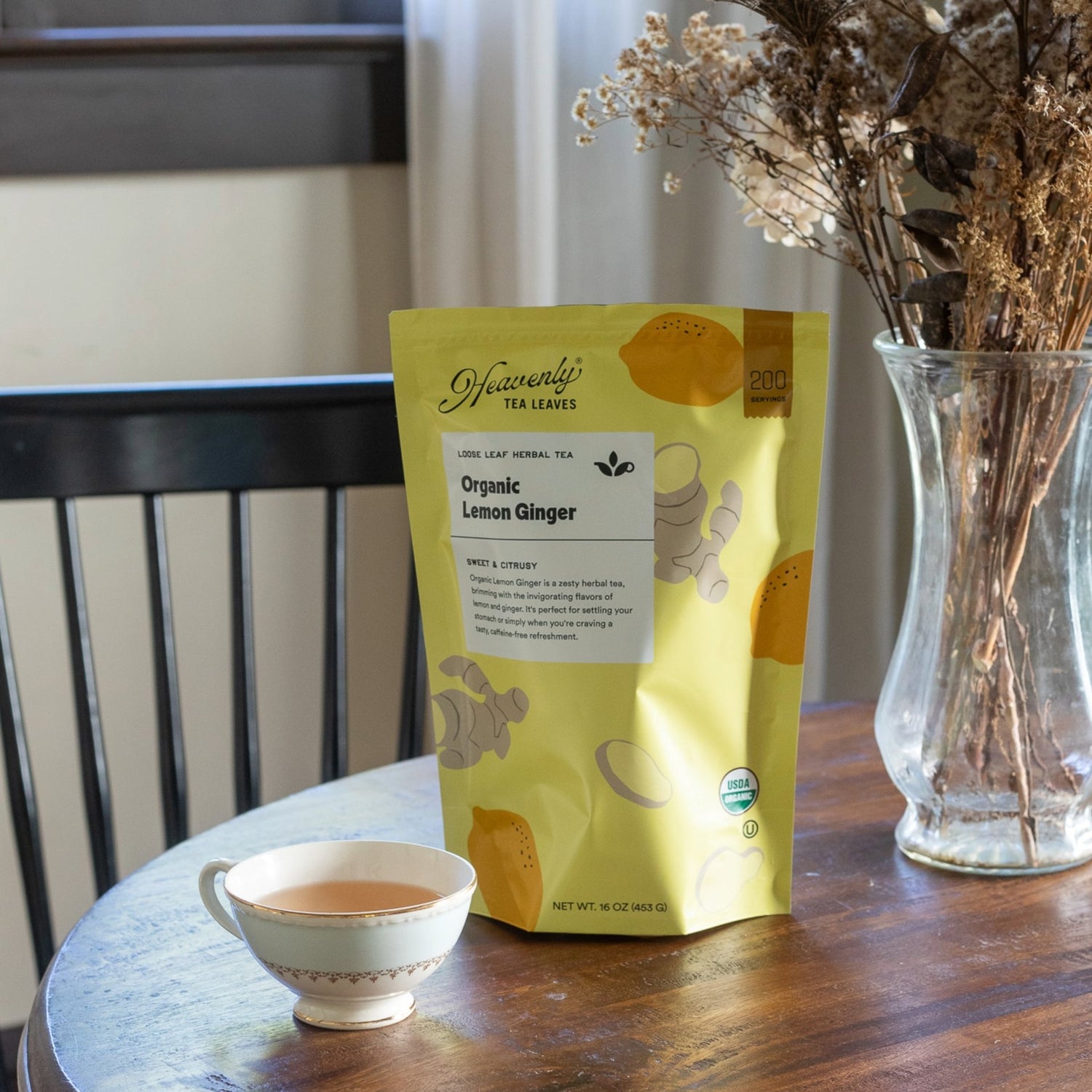Celebrated for its myriad of health benfits, herbal tea stands out as a beacon of wellness in the vast sea of beverages. Each cup is steeped in tradition, offering a unique blend of flavors and benefits derived from nature's finest herbs, botanicals, roots, flowers, and fruits. Unlike its caffeinated counterparts, herbal tea offers a caffeine-free alternative that soothes, rejuvenates, and heals.
Among the treasure trove of herbal infusions, chamomile is often hailed as the crown jewel for its unparalleled calming effects. Peppermint tea emerges as a hero for digestive health, wielding its refreshing minty flavor as an aid against digestive discomfort. Hibiscus tea, with its vibrant hue and tart taste, not only delights the palate but also boasts a plethora of health benefits.
Incorporating herbal tea into your daily routine is more than a mere act of hydration; it's an age-old ritual of self-care. As research continues to unveil the health benefits of these herbal concoctions, it becomes clear that herbal tea is a lifestyle choice for those dedicated to nurturing their health. So, whether you're looking to calm your nerves, boost your immune system, or simply enjoy a moment of tranquility, herbal tea offers a natural, flavorful solution to enhance your well-being.

